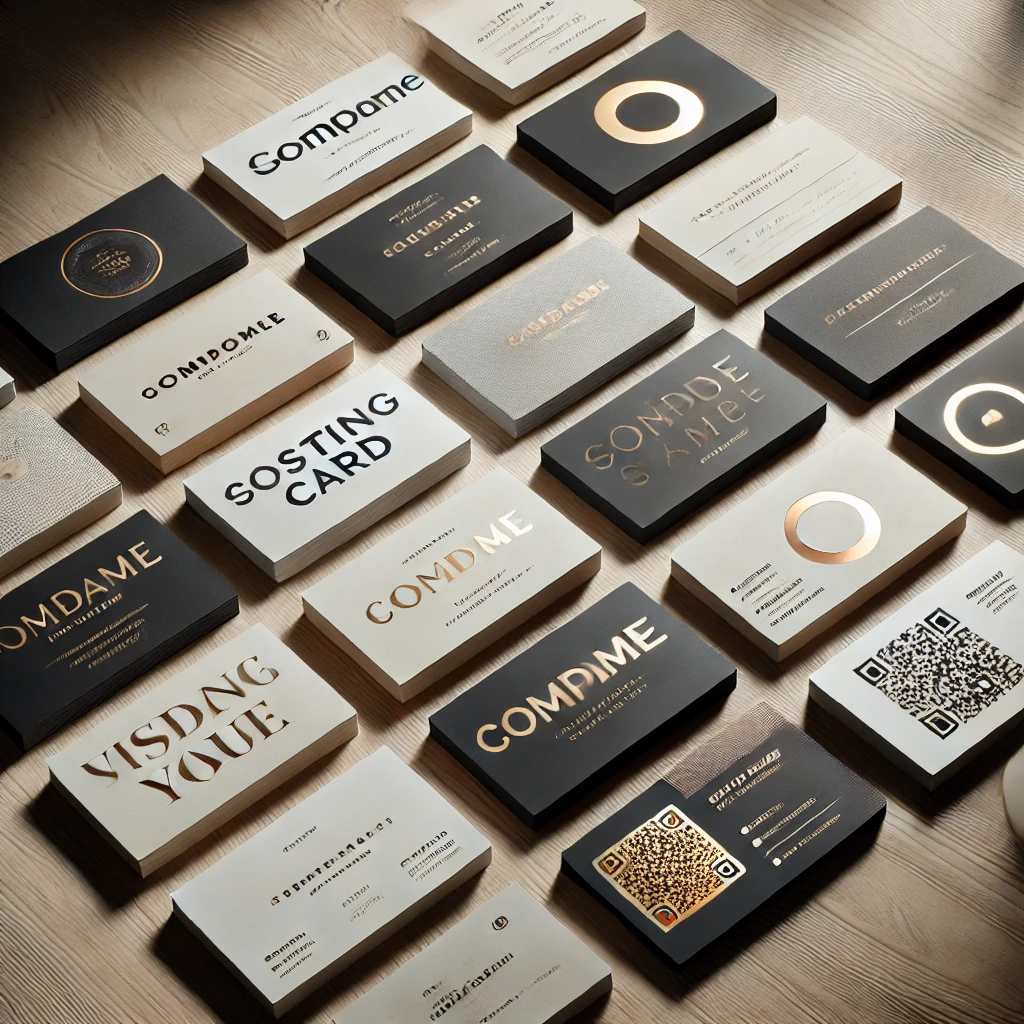Need of Visiting Cards In a Digital Age
In today's digital world, where networking happens at the tap of a button, visiting cards still hold their unique charm. They are more than just a piece of paper; they represent personal branding, professionalism, and a lasting first impression. Whether you are an entrepreneur, freelancer, or corporate professional, a well-designed visiting card can set you apart from the competition.
Why Visiting Cards Still Matter
Despite the rise of digital networking, visiting cards remain relevant for several reasons:
- Tangible First Impressions: A well-crafted card leaves a memorable impact.
- Convenience: Not everyone prefers digital exchanges; some professionals still appreciate a physical card.
- Brand Representation: Your visiting card is an extension of your brand, showcasing your style and business persona.
- Ease of Networking: Quick and effective, they allow seamless exchange of contact information.

Elements of a Great Visiting Card
A successful visiting card should include:
- Your Name & Designation – Clearly state who you are and what you do.
- Company Logo & Tagline – Reinforce brand identity.
- Contact Details – Phone number, email, and website.
- Social Media Links – If relevant to your profession.
- Aesthetic Design – A sleek, professional look that aligns with your brand.
Creative Trends in Visiting Card Designs
Modern visiting cards have evolved beyond simple black-and-white templates. Some popular trends include:
- Minimalist Designs: Clean, clutter-free cards with simple typography.
- Interactive Elements: QR codes leading to digital portfolios or LinkedIn profiles.
- Textured Finishes: Embossing, foiling, and unique materials like metal or wood.
- Double-Sided Designs: Using both sides for additional information without crowding the layout.
How to Make Your Visiting Card Stand Out
To ensure your card leaves a lasting impression:
- Opt for high-quality printing and materials.
- Use creative fonts but keep them readable.
- Stick to a color scheme that matches your brand.
- Incorporate subtle branding elements like custom icons.
- Avoid overloading the card with too much information.
Start writing here...